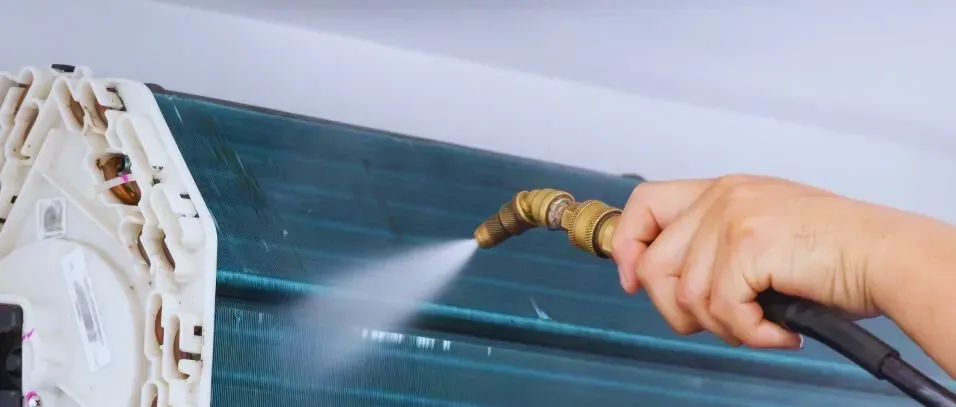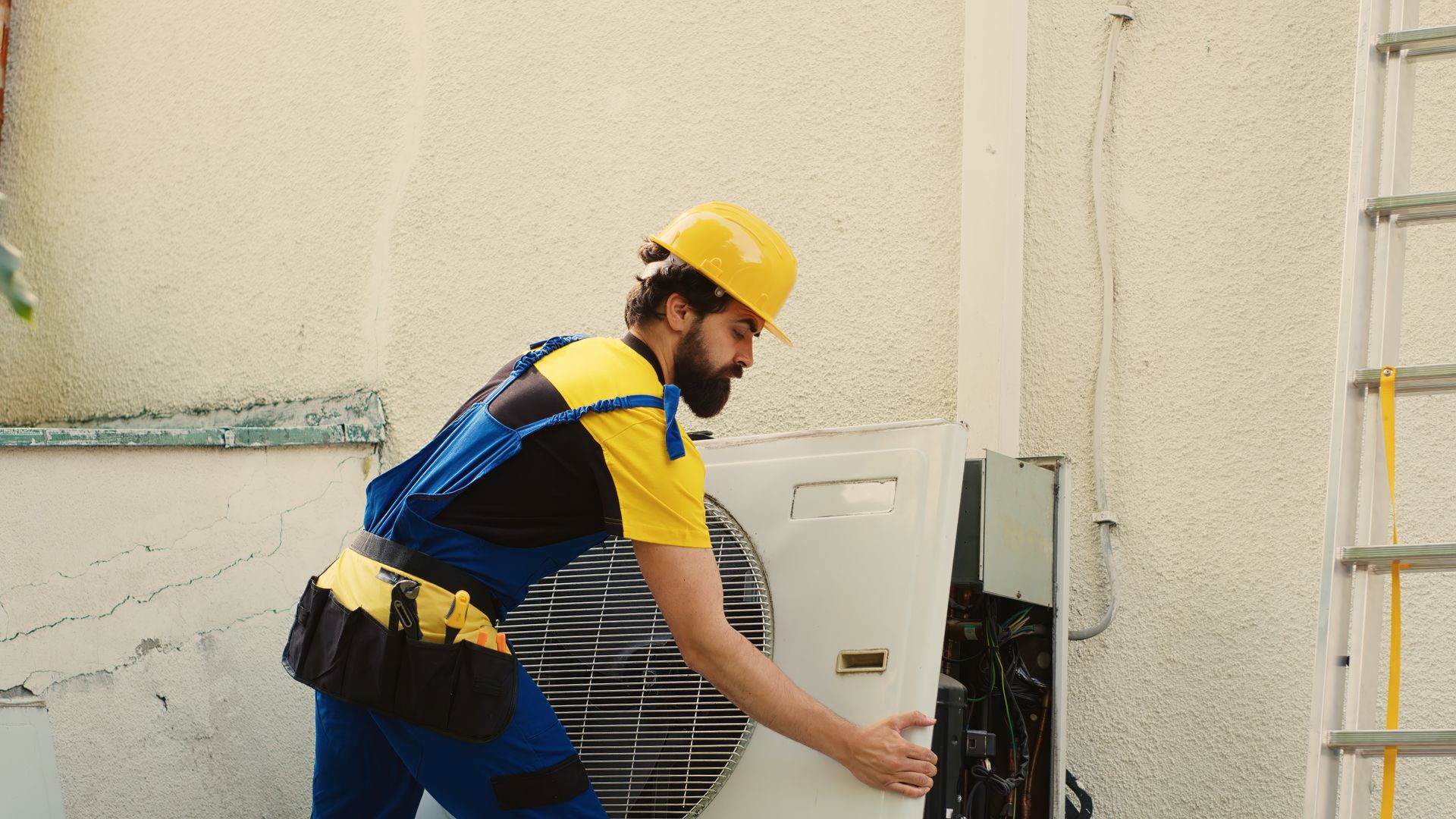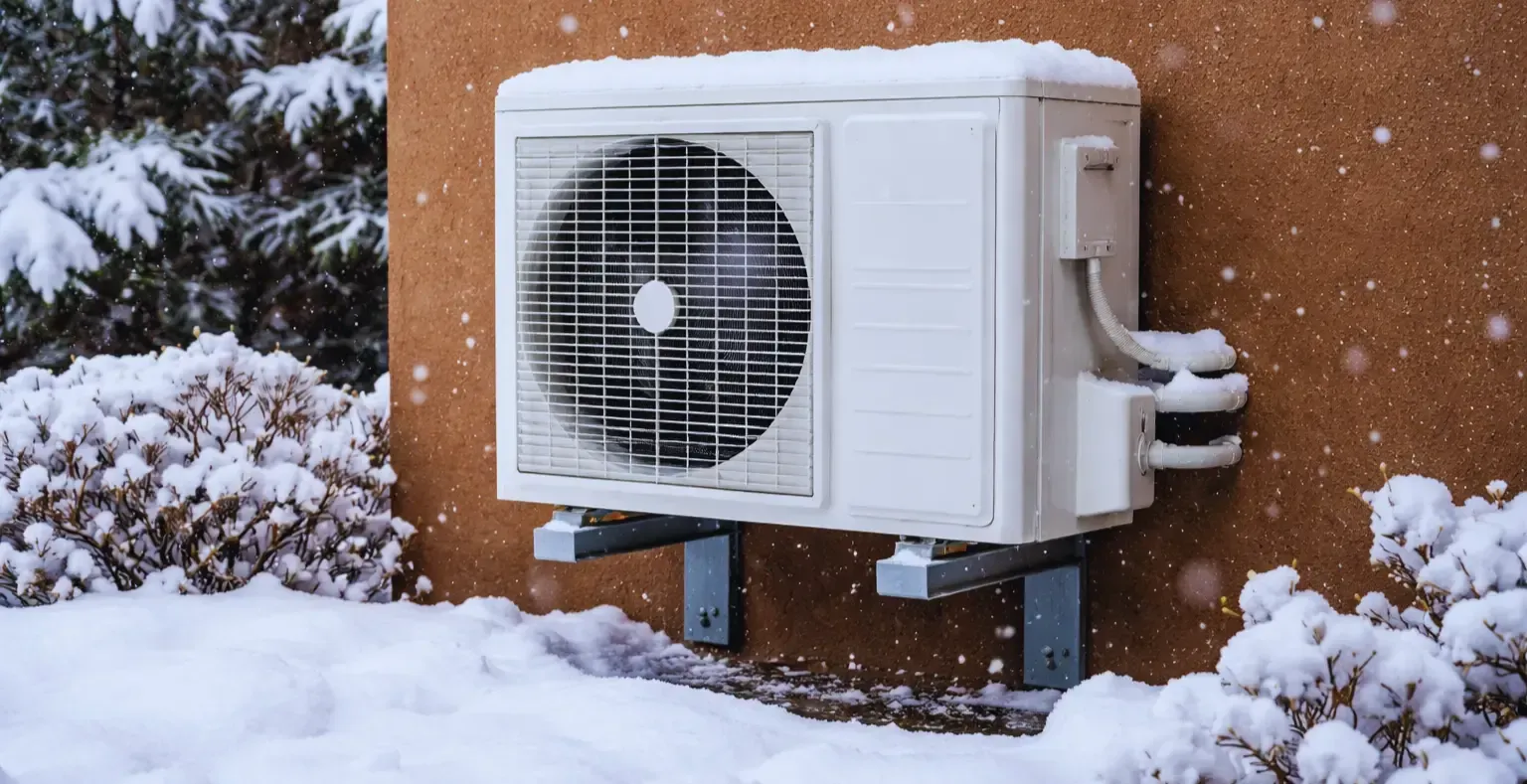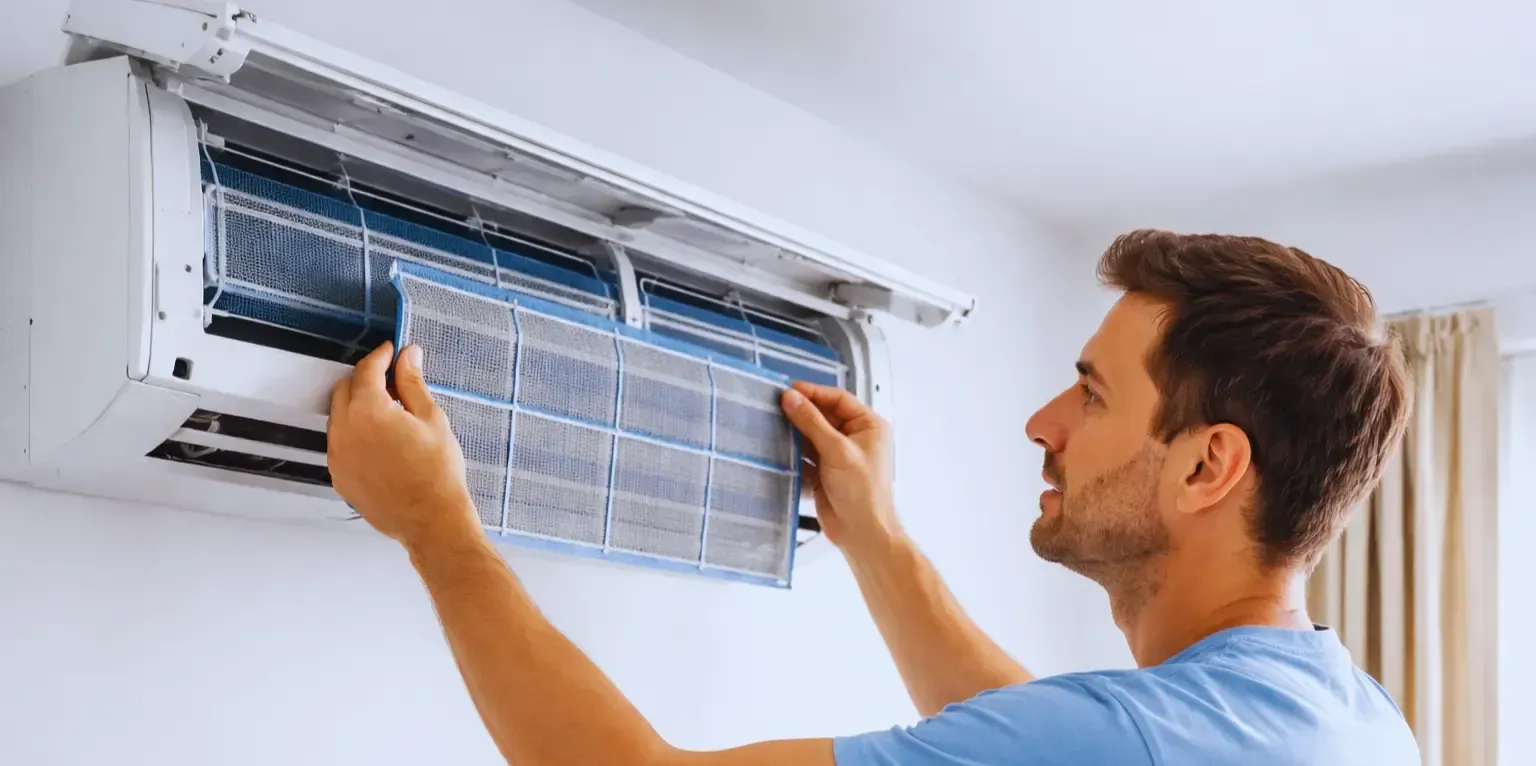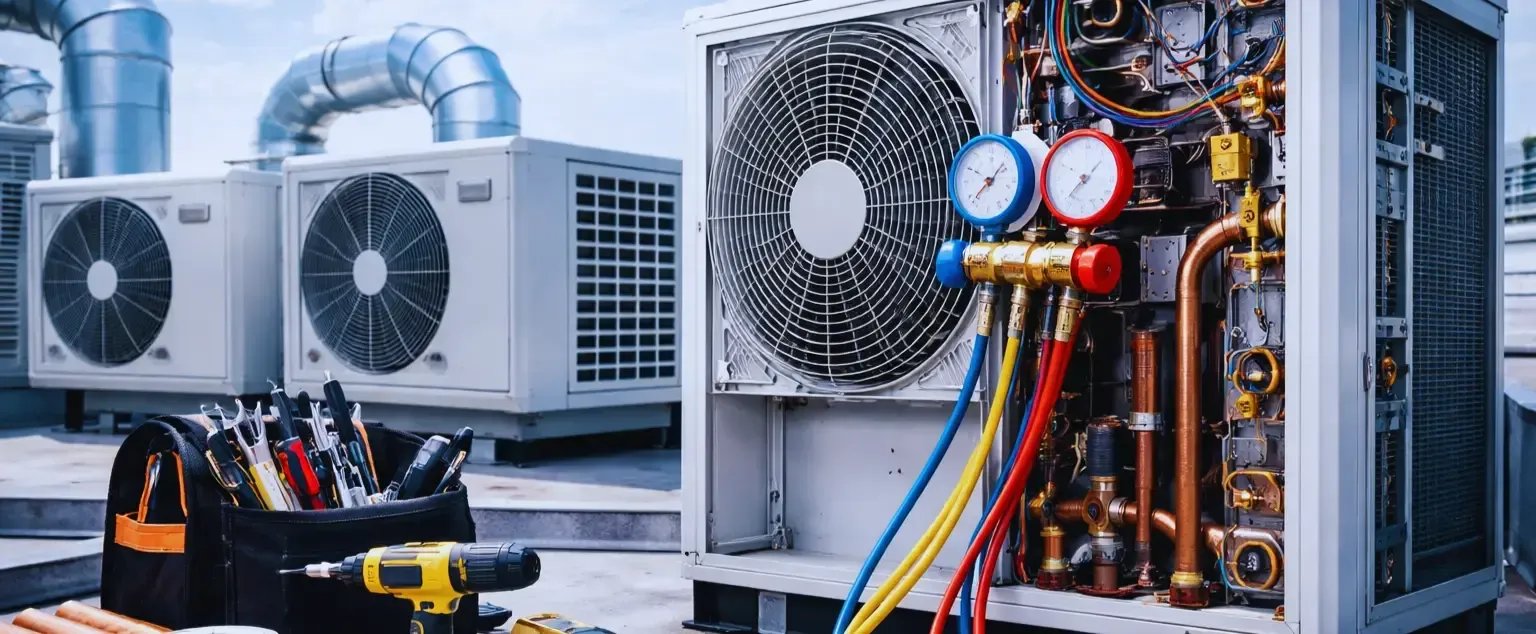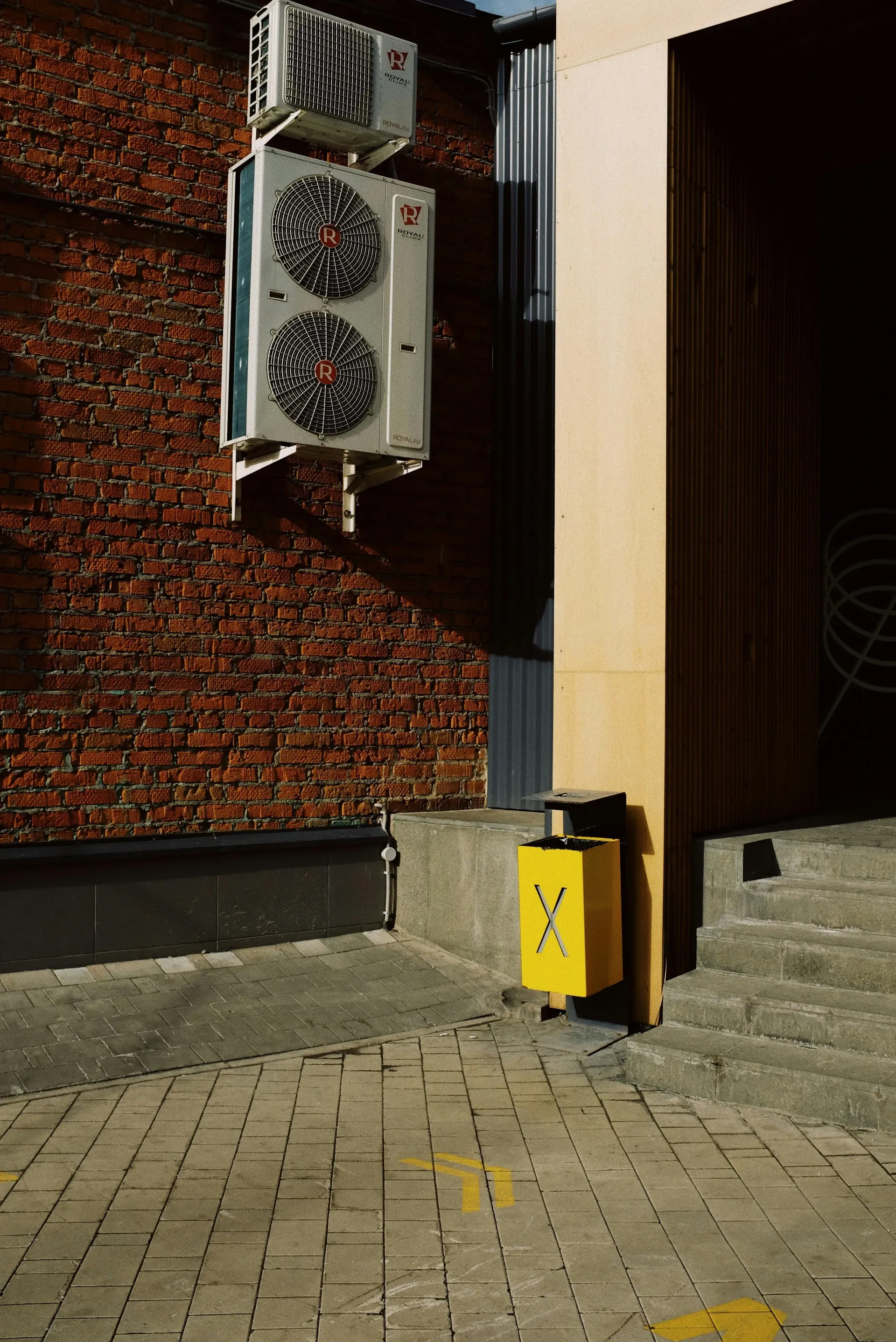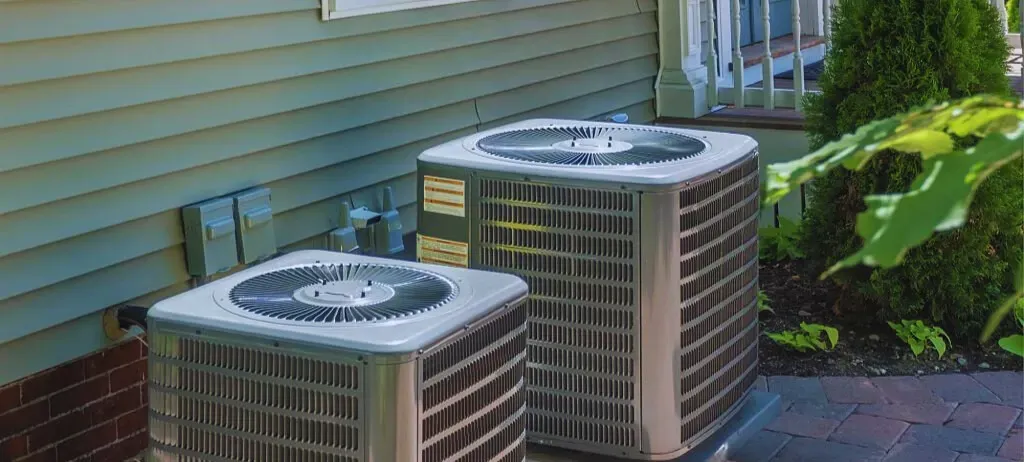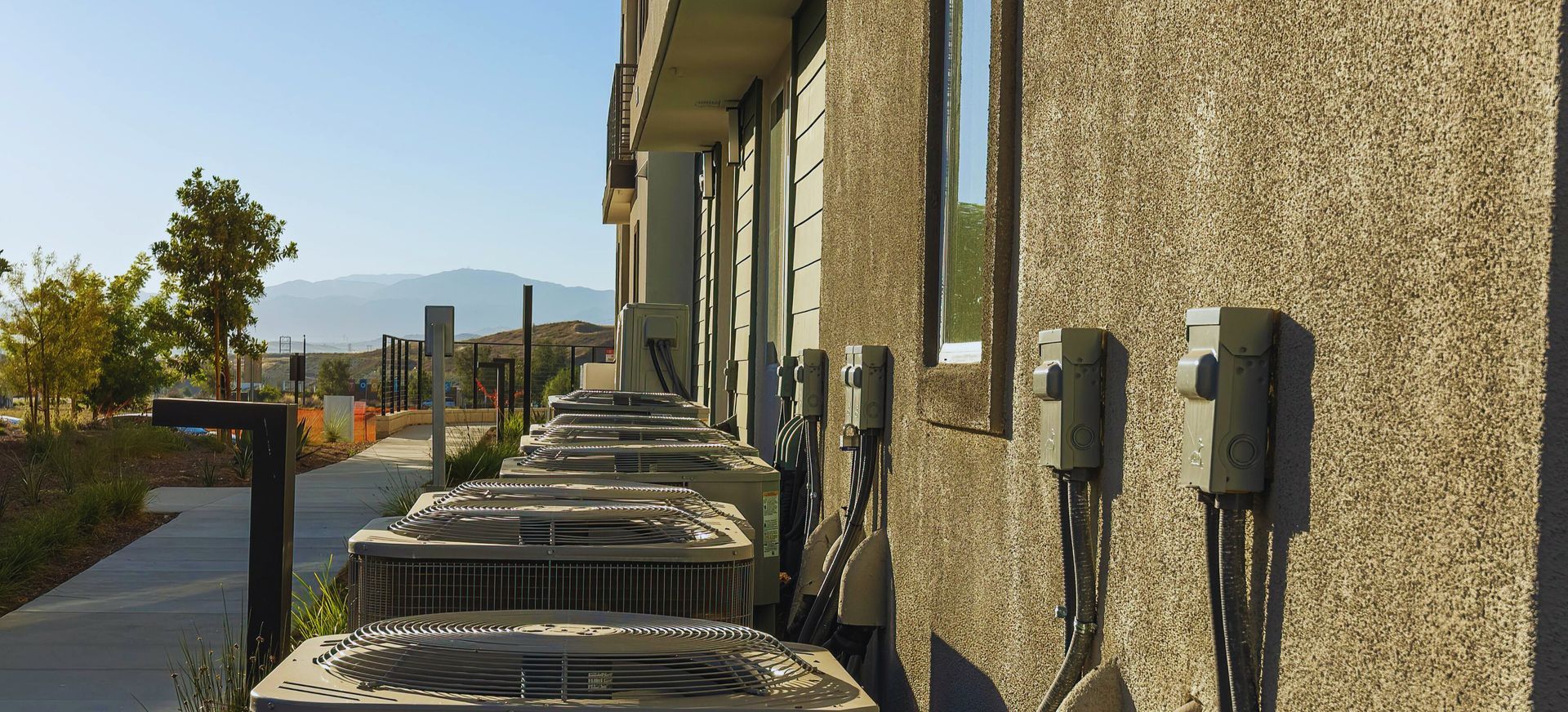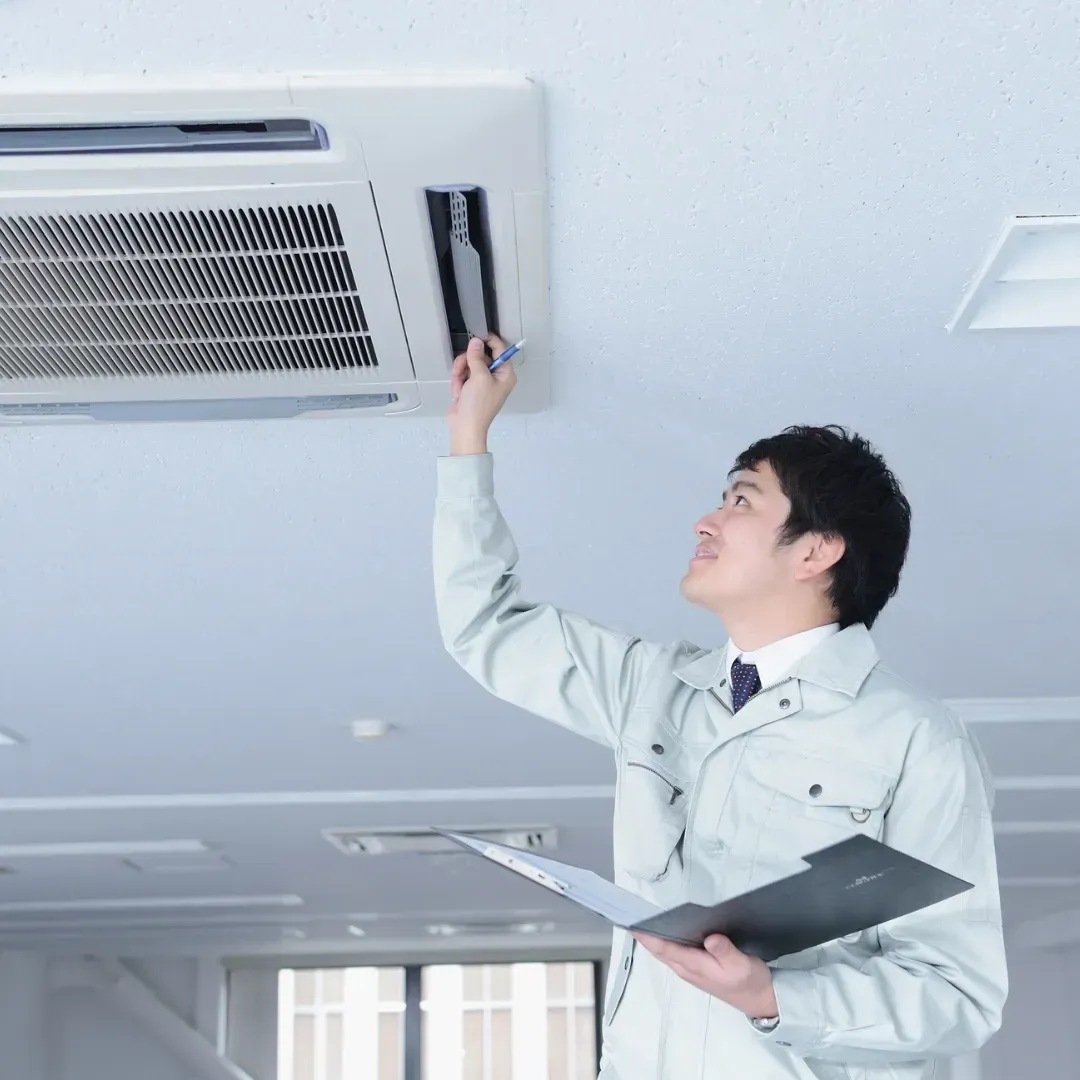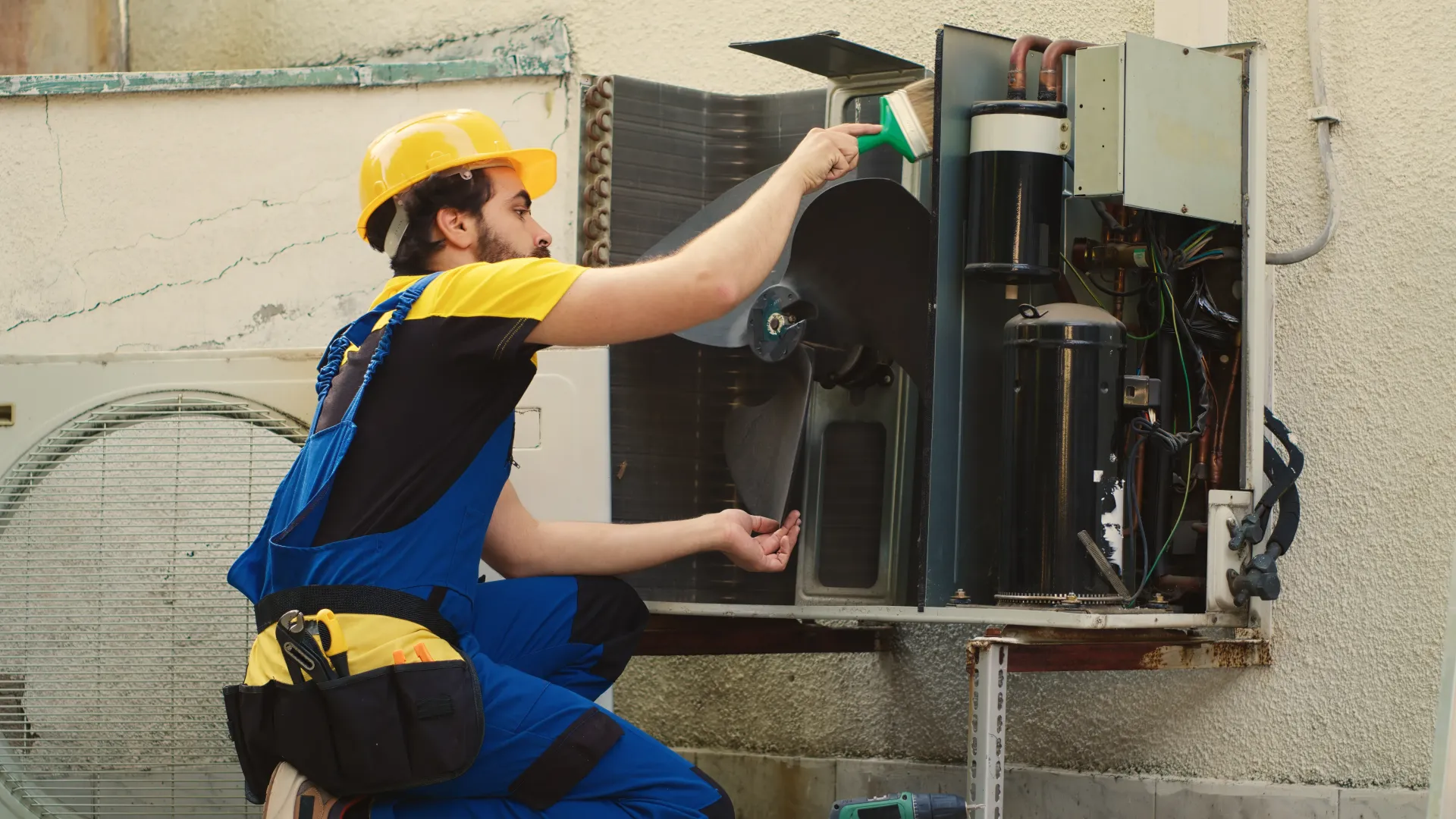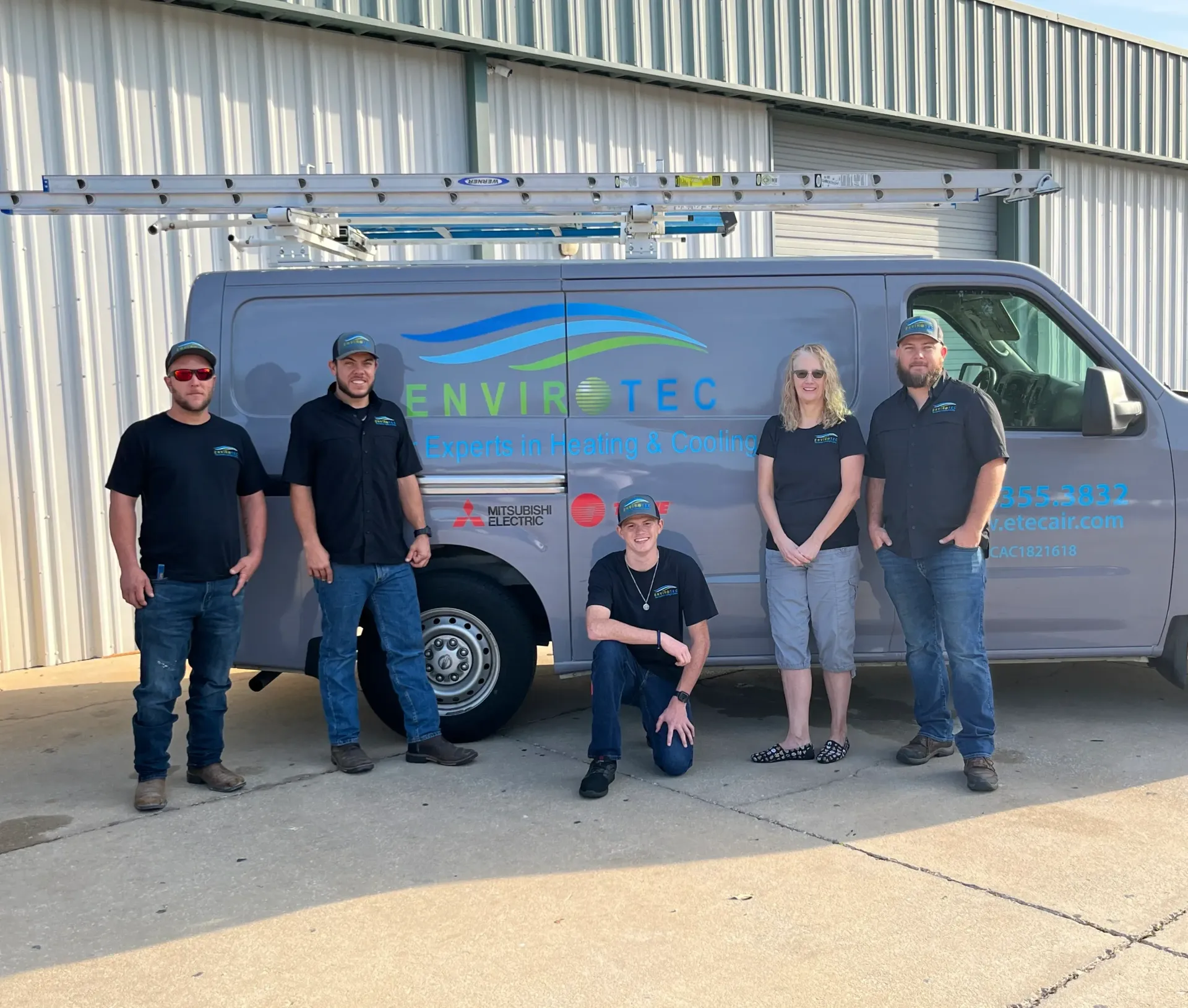How Your HVAC System Impacts Indoor Air Quality and Your Health
Introduction
Maintaining a healthy living environment is crucial, and the quality of the air inside your home plays a significant role. Many people overlook how integral their HVAC system is to this equation. HVAC systems, which stand for Heating, Ventilation, and Air Conditioning, are pivotal in managing the air quality within your home. But how exactly does your HVAC system impact indoor air quality and, subsequently, your health? This comprehensive guide delves into the intricacies of HVAC systems, their role in indoor air quality, and how proper maintenance can lead to a healthier home environment.
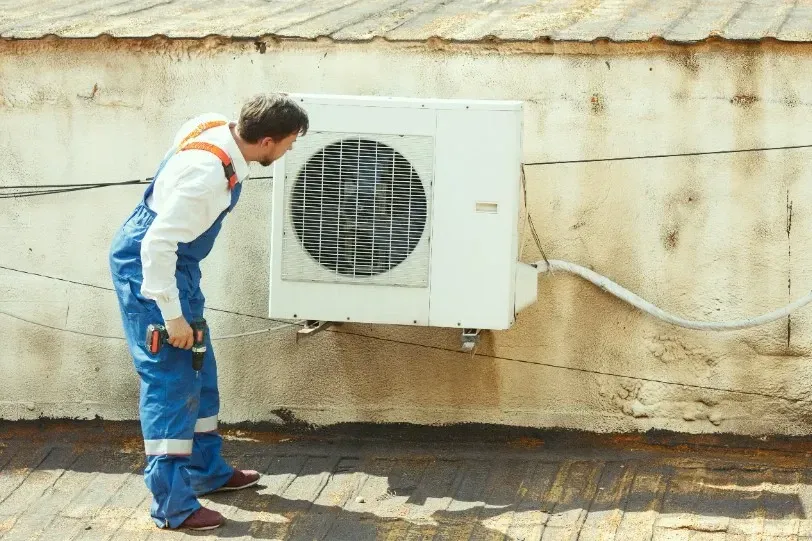
How Your HVAC System Works
Your HVAC system is the heart of your home’s climate control. Understanding its function can help you appreciate its impact on air quality.
Components of an HVAC System
An HVAC system consists of several key components: the furnace, the air conditioner, the ductwork, and the thermostat. Each part plays a vital role in regulating temperature and ensuring air circulation. The furnace heats the air, the air conditioner cools it, and the ductwork distributes the conditioned air throughout your home. The thermostat allows you to control the system, maintaining your desired indoor climate.
The Importance of Indoor Air Quality
Indoor air quality (IAQ) refers to the cleanliness of the air within a building and its potential impact on occupants' health. Poor IAQ can lead to various health issues, ranging from minor irritations to severe respiratory conditions.
Health Implications of Poor Air Quality
Exposure to pollutants such as dust, mold, and chemical fumes can cause allergies, asthma, and other respiratory problems. Long-term exposure can even lead to more severe conditions like chronic obstructive pulmonary disease (COPD) and heart disease. Therefore, maintaining good indoor air quality is essential for protecting your health and well-being.
How HVAC Systems Affect Indoor Air Quality
HVAC systems significantly influence indoor air quality through ventilation, filtration, and humidity control.
Ventilation
Proper ventilation ensures that fresh air circulates through your home, reducing the concentration of indoor pollutants. HVAC systems with adequate ventilation capabilities can expel stale air and introduce fresh, outdoor air, helping to dilute contaminants.
Filtration
HVAC systems use filters to capture particles like dust, pollen, and pet dander. High-efficiency filters can trap smaller particles, including bacteria and viruses, thereby reducing the amount of harmful substances in the air you breathe.
Humidity Control
Maintaining optimal humidity levels (between 30-50%) is crucial for comfort and health. Too much humidity can foster mold growth, while too little can cause dry skin and respiratory discomfort. HVAC systems equipped with humidifiers or dehumidifiers can help maintain these levels.
Common Indoor Air Pollutants
Understanding the types of indoor pollutants can help you address specific air quality issues.
Sources and Effects
Common indoor pollutants include:
- Dust and Allergens: These come from various sources, including pets and outdoor soil.
- Mold: Often a result of high humidity and poor ventilation.
- Chemical Fumes: Emitted from household cleaning products, paints, and furnishings.
- Tobacco Smoke: Contains numerous harmful chemicals that can impact respiratory health.
Each of these pollutants can cause health problems, particularly for individuals with preexisting conditions like asthma or allergies.
Impact of Poor HVAC Maintenance on Air Quality
Neglecting your HVAC system can lead to a decline in indoor air quality.
Neglecting Filters and Ducts
Dirty filters and ductwork can harbor dust, mold, and other contaminants, which are then circulated throughout your home. Regular maintenance is essential to ensure these components are clean and functioning properly.
Signs Your HVAC System Needs Maintenance
Recognizing when your HVAC system needs attention can prevent air quality issues.
Unusual Noises
Unusual noises from your HVAC system, such as banging or rattling, can indicate a problem that needs professional inspection.
Reduced Efficiency
If your system is running longer than usual to maintain the desired temperature, it might be a sign of reduced efficiency, often caused by clogged filters or other issues.
Improving Air Quality with HVAC Systems
There are several strategies to enhance the air quality in your home using your HVAC system.
Advanced Filtration Options
Investing in advanced filtration options, such as HEPA filters or UV light systems, can significantly reduce the number of airborne pollutants.
HVAC System Air Quality Solutions
Choosing the right air quality solutions for your HVAC system can make a significant difference.
Choosing the Right Filters
Not all filters are created equal. HEPA filters, for example, are highly effective at trapping small particles, making them ideal for households with allergy sufferers.
Indoor Air Quality HVAC Services
Professional HVAC services can help maintain and improve your indoor air quality.
Professional Cleaning and Maintenance
Regular professional cleaning and maintenance ensure that your system operates efficiently and remains free of contaminants. This includes cleaning ductwork, inspecting filters, and checking for mold or other issues.
Healthy Home HVAC Maintenance Tips
Maintaining your HVAC system is key to ensuring good indoor air quality.
Regular Inspections and Filter Changes
Regularly inspecting your HVAC system and changing filters as needed can prevent many common air quality issues. Aim to check filters monthly and replace them every 3-6 months, or as recommended by the manufacturer.
HVAC Air Filtration Experts
Sometimes, professional expertise is necessary to ensure your HVAC system is providing optimal air quality.
When to Call a Professional
If you notice persistent air quality issues despite regular maintenance, it might be time to call an HVAC air filtration expert. They can provide advanced solutions and ensure your system is functioning correctly.
DIY Tips for Maintaining Your HVAC System
Homeowners can take several steps to maintain their HVAC systems and improve air quality.
Simple Steps for Homeowners
- Clean around the unit: Keep the area around your HVAC unit free of debris and dust.
- Check for leaks: Inspect ductwork for any leaks or damage.
- Use high-quality filters: Invest in high-quality air filters and replace them regularly.
Energy Efficiency and Air Quality
Balancing energy efficiency with air quality can be challenging but essential for a comfortable home.
Balancing Comfort and Costs
Using programmable thermostats and ensuring your system is properly sealed can help maintain energy efficiency without compromising air quality. Regular maintenance also ensures your system runs efficiently, saving on energy costs.
Future Trends in HVAC and Air Quality
Technological advancements are continually improving how HVAC systems manage indoor air quality.
Technological Innovations
Emerging technologies, such as smart thermostats and advanced air purification systems, are making it easier to monitor and maintain indoor air quality. These innovations offer more precise control over your home's environment, leading to healthier living spaces.
Conclusion
Your HVAC system plays a crucial role in maintaining indoor air quality and, consequently, your health. Regular maintenance, proper filtration, and professional services can ensure that your HVAC system functions optimally, providing you with a healthier home environment. By understanding the impact of your HVAC system on air quality, you can take proactive steps to improve the air you breathe, leading to better health and overall well-being. Learn More About Us
FAQs
How often should I change my HVAC filter? You should change your HVAC filter every 3-6 months, or more frequently if you have pets or allergies.
What are the signs of poor indoor air quality? Signs of poor indoor air quality include frequent allergy symptoms, mold growth, and persistent dust accumulation.
Can a dirty HVAC system make you sick? Yes, a dirty HVAC system can circulate pollutants and allergens, potentially leading to respiratory issues and other health problems.
How can I improve my home's air quality naturally? You can improve air quality naturally by using houseplants, ventilating your home regularly, and reducing the use of harsh chemicals
